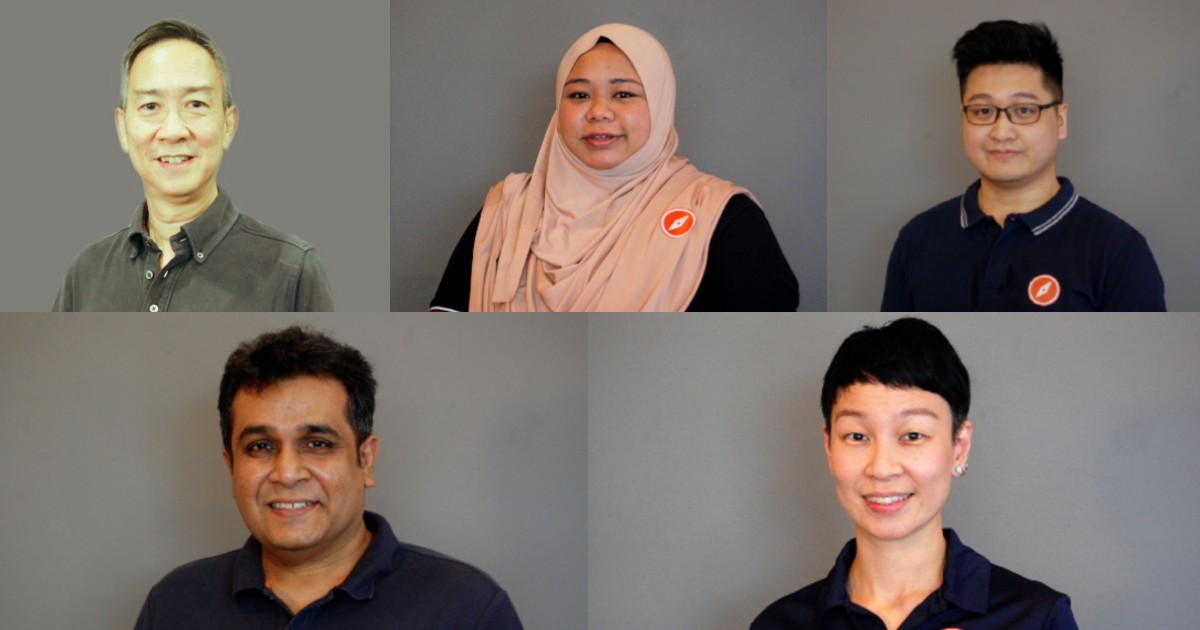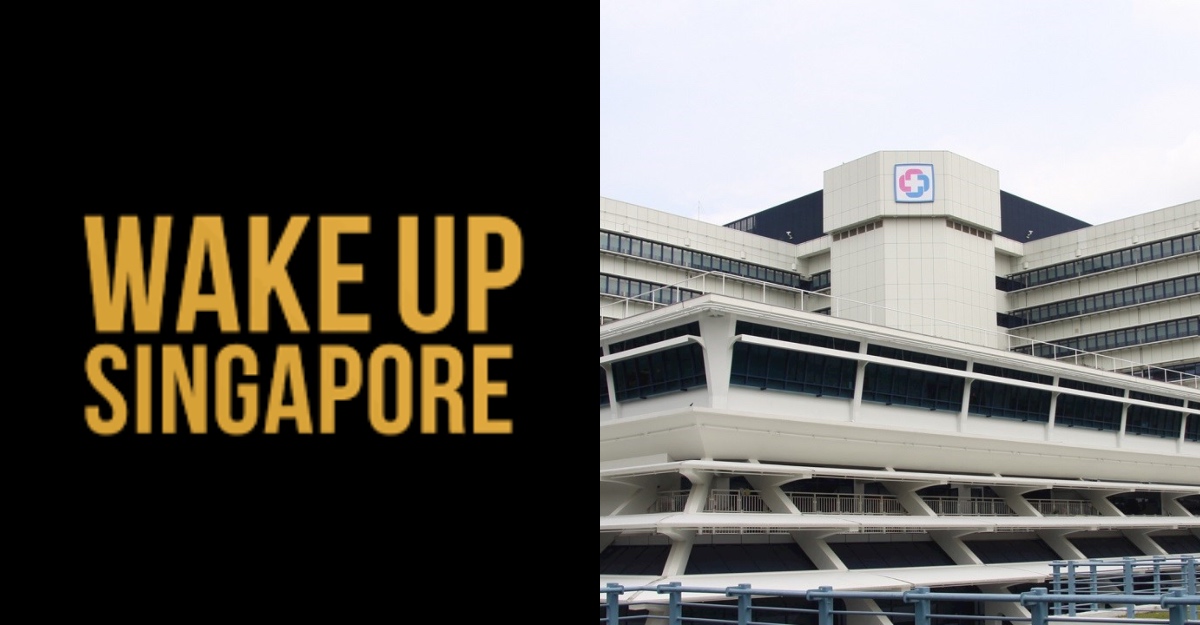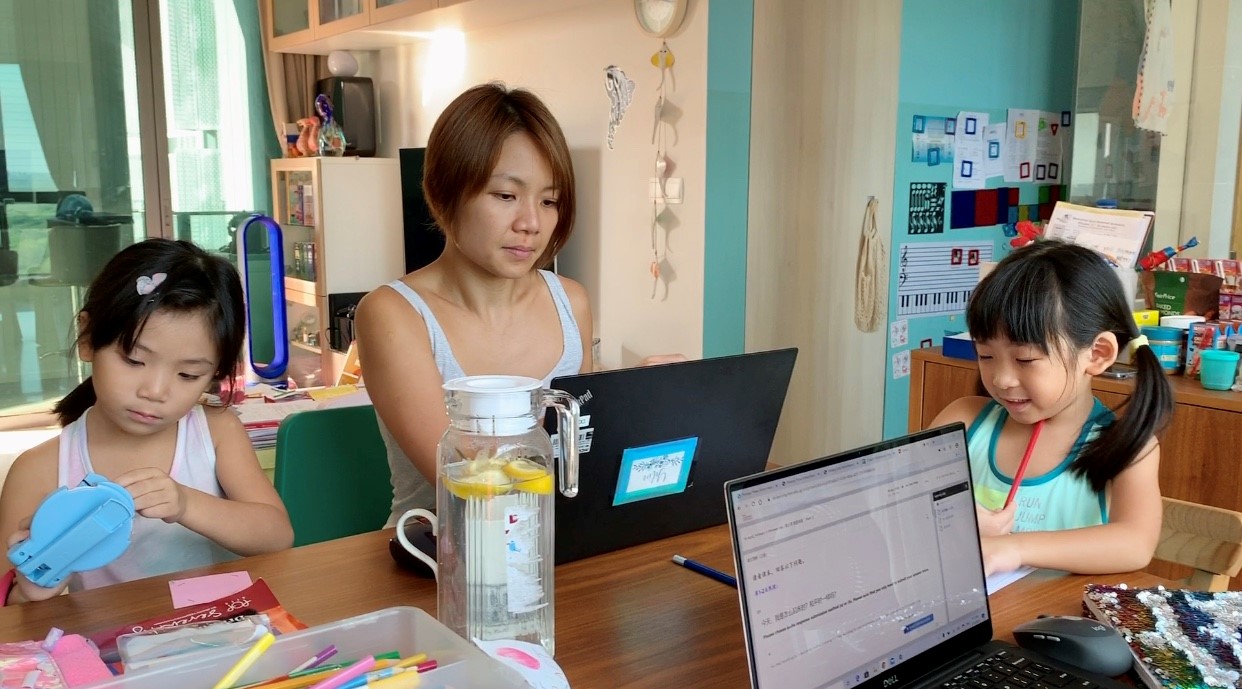Red Dot United, Singapore’s youngest political party, released their manifesto for the upcoming general election yesterday (June 28).
Formed on 26 May 2020, former Progress Singapore Party (PSP) members Ravi Philemon and Michelle Lee created the party with members from other opposition groups
With the goal of “serving and empowering Singaporeans to be the captains of their own lives”, the Red Dot United laid out a 20-page manifesto titled “Explore New Directions Together.”
Here is a quick overview of the Red Dot United manifesto:
1. Jobs
- Ensure that Singaporeans benefit from employment legislation in FTAs like the India-Singapore Comprehensive Economic Cooperation Agreement (CECA) and the Employment Pass system.
- Revise the Employment Act to deter employees from abusing workers in the gig economy.
- Implement a Singaporean First hiring policy, re-evaluate the Fair Consideration Framework, award HR managers who prioritise Singaporeans, and reserve jobs in future growth sectors
- Match Professionals, Managers, Executives and Technicians (PMETs) to jobs before pursuing professional training programs, incentivising companies to hire them through schemes like the Professional Conversion Program.
2. Housing
- Implement a mandatory En Bloc Redevelopment Programme to inhibit the lease and value decay of HDB flats.
- Allow singles to buy larger three-rooms or smaller BTOs. Lower the minimum age to 30 under the Single Singapore Citizen and Joint Singles Scheme.
- Provide greater transparency in the costs of building HDB flats to justify their pricing. New flats will be priced in multiples of median income and location.
3. Healthcare
- Provide subsidised consultations and preventative health without means testing quarterly or annually.
- Improve Medifund coverage for needy Singaporeans and families with large medical bills. Allow use of Medisave in outpatient consultations.
- Use Medical Technology (MedTech) to monitor patient health in real-time and cut healthcare costs.
- Review whether reversing the conversion of public hospitals to restructured hospitals is more beneficial.
- Create a watchdog agency for healthcare cost abuses or implement a national health insurance scheme to incentivise government regulation of healthcare costs.
4. Cost Of Living
- No more increases to the Goods and Services Tax (GST) and other fees for the next five years
- Refocus policy making on wage redistribution to reduce income inequality.
- Peg ministerial salaries to multiples of the Median Gross Monthly Income from Work instead of the income of top earners.
5. Governance And National Reserves
- Review public spending in public institutions, such as the $880,000 rubbish bin for National Arts Council.
- Review legislation like the Presidential Elections Act to allow for more political competition and checks and balances in public office.
- Provide greater transparency on the Key Performance Indexes of public organisations.
6. CPF
- Option to withdraw all CPF monies at the retirement age.
- Incentivising the staggered withdrawal of CPF in 5 to 10-year intervals through better interest rates on savings.
- Option to borrow from CPF accounts in an uncertain job market.
- Review whether introducing competition by professional fund managers will get better returns on CPF Savings for Members.
7. Education
- Create a more flexible curriculum for students to pursue interests in specific domains. Refocus on topics like computational and soft skills.
- Provide students in alternate education programs equal funding in secular subjects (language, math, science).
- Extend the Compulsory Education Act to cover ten years of primary and secondary education before a child turns 18.
- Emphasise sports and other life-skills training for children to encourage interaction across schools and economic divides.
- Provide andragogic and pedagogic educational qualifications with better international recognition.
- Extend the anchor operator program to include “diversity” in the assessment criteria of preschool service providers over “the ability to increase capacity” with a falling Total Fertility Rate.
- Review the National Education framework to encourage students to learn about ethnic and religious communities.
- Reduce class sizes to lessen the burden of tuition, increasing teacher’s intake upwards to pre-2014 levels.
- Allow Singaporean children to study in International Schools.
8. Civil Liberties
- Review the Protection from Online Falsehoods and Manipulation Act (POFMA), Internal Security Act and Public Order Act, which was amended to limit the freedom of assembly from five people to one person in 2009.
- Advocate for Freedom of Information in Singaporeans.
9. Enhanced Support For Local Businesses
- Prioritise local businesses in government procurements.
- Tap into the Sovereign Wealth Fund (SWF) to acquire companies in selected industries and reserve jobs for Singaporeans.
- Create opportunities for SMEs to partner GLCs/MNCs and venture overseas, providing risk capital and technical assistance.
- Synergise with land abundant neighbouring regions to support value chain business needs and offer investors better value propositions.
- Identify and support local industries of growth with higher value.
- Support SMEs and move towards a progressive tax structure.
10. Increase Total Fertility Rate
- Incentivise workplaces to develop family-friendly policies.
- Increase paid parental leave to six months, with at least eight weeks undertaken by either parent. Single parents can enjoy the full six months.
- Lower age for singles to buy HDBs from 35 to 30, and ensure sufficient Sales for Balance Flats (SBF).
- Government contributions to home caregiver CPF.
- Extend childcare subsidies to all parents, not just working mothers.
11. Climate Change
- Invest in clean energy and collaborate regionally, reviewing the installation of solar panels and wind turbines in public spaces. Ensure that mega projects do not create environmental problems.
- Scale back deforestation and increase the pace of reforestation in Singapore.
- Implement waste management schemes and sustainable neighbourhood recycling programmes to reduce waste.
- Move towards energy-efficient public transportation like electric vehicles.
- Increase public education in 3Rs (Reduce, Reuse, Recycle).
Combating A Culture of Conformity
Red Dot United criticized the one-party dominance under the People’s Action Party (PAP) in Singapore. The party claimed that “five decades of paternalistic governance” and the system of “carrots and sticks” implemented by PAP had created a culture of conformity.
In the manifesto, the incumbent government was accused weakening systems of checks and balances in Singapore.
Institutional safeguards “are purposely left vague” and the PAP “tinkered” with people’s lives and the Constitution. The implementation of POFMA was cited as an example.
Red Dot United expressed concern that a self-serving leadership would be unstoppable if It were to appear, without the institutions to inhibit its authority.
Red Dot United’s ethos of self-reliance and independence is predicated on combating the culture of conformity implemented by the ruling party.
You can read the Red Dot United manifesto in full here.
Check out our General Election 2020 microsite for more election-related content.
Featured Image Credit: Red Dot United








